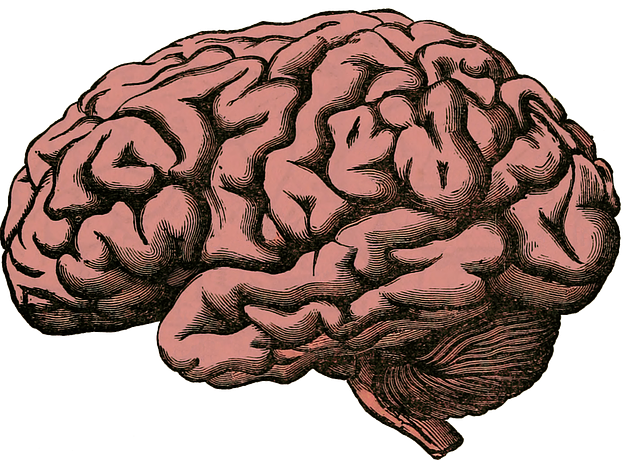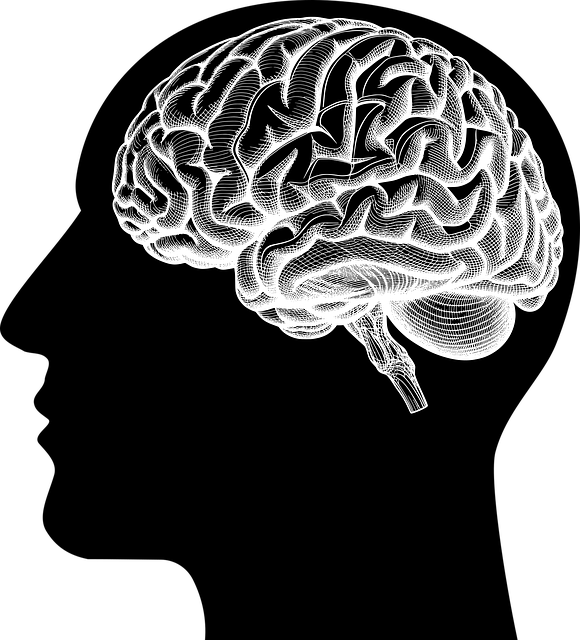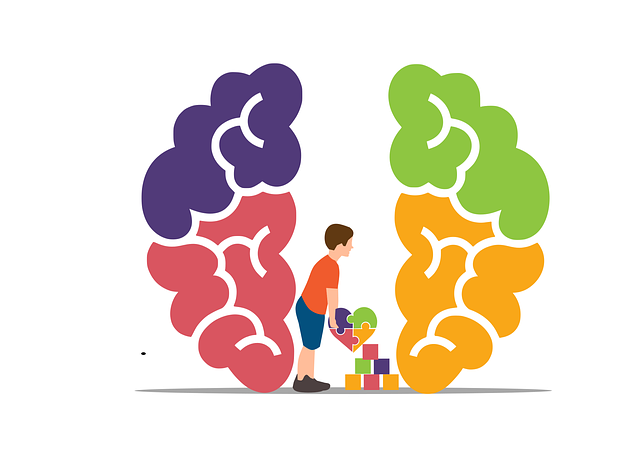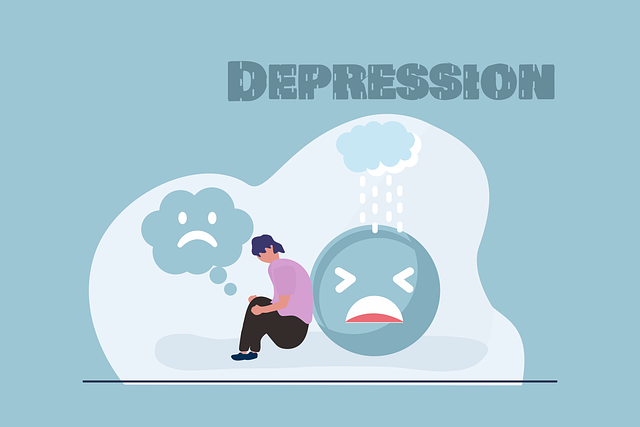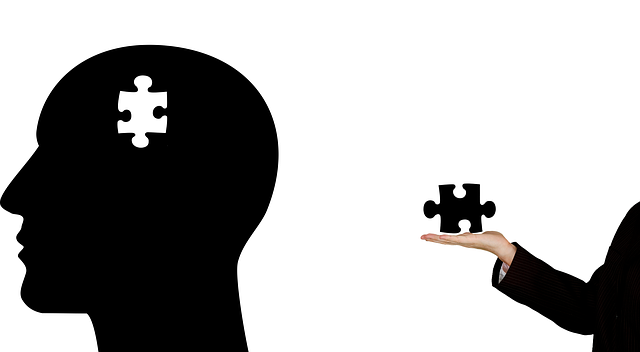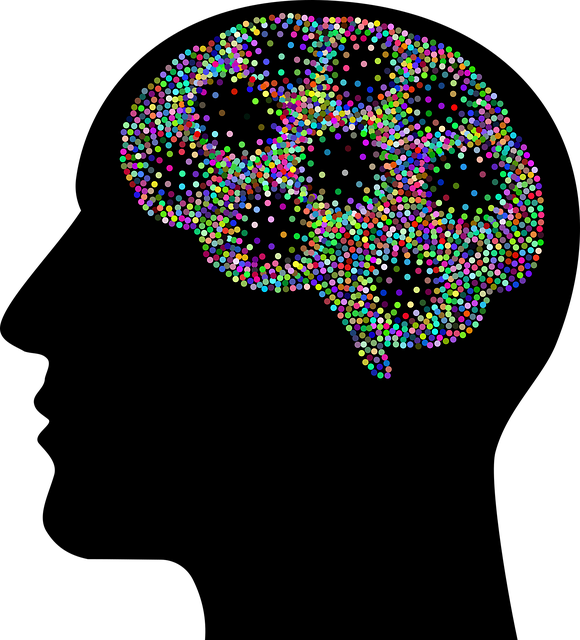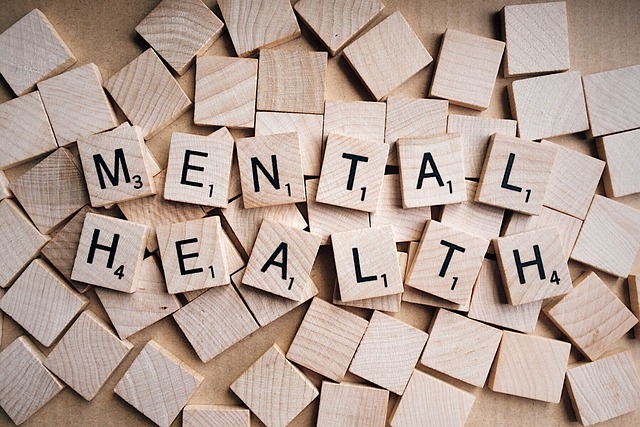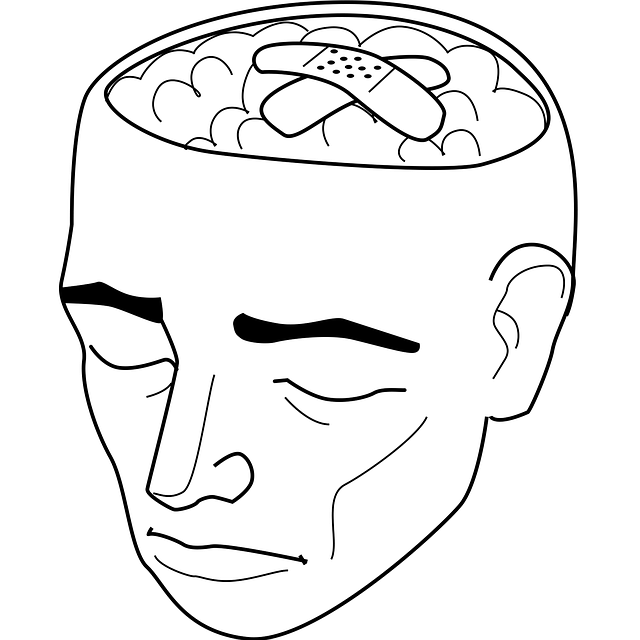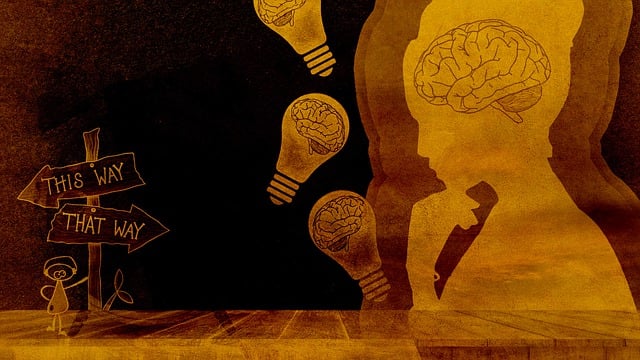Centennial International Adoptions Therapy is revolutionizing mental health education through comprehensive programs that break down stigma, foster connections, and promote well-being. Leveraging their expertise in international adoptions, they offer culturally sensitive workshops, interactive techniques, and practical strategies, empowering individuals to recognize and address distress early on. Their approach combines personal storytelling, diverse perspectives, and evidence-based practices like Social Skills Training and Mindfulness, resulting in improved emotional intelligence, resilience, and relationships. Evaluating their impact through surveys measures knowledge, attitudes, and behaviors, ensuring the program effectively reaches diverse communities and healthcare providers.
“Mental health education programs play a pivotal role in fostering well-being, especially with the increasing global emphasis on mental wellness. This article explores the intricate process of designing comprehensive curriculum that challenge stigma and misconceptions. We delve into the unique contributions of Centennial International Adoptions Therapy, highlighting its role in shaping effective program design. Key components, evidence-based strategies, and measurement techniques are scrutinized to ensure impactful and successful mental health education initiatives.”
- Understanding Mental Health: Debunking Stigma and Misconceptions
- The Role of Centennial International Adoptions Therapy in Program Design
- Key Components for an Effective Mental Health Education Curriculum
- Implementing Evidence-Based Strategies: Best Practices for Success
- Measuring Impact: Evaluating and Enhancing the Program's Effectiveness
Understanding Mental Health: Debunking Stigma and Misconceptions

Mental health is a complex and often misunderstood aspect of human life, but it’s crucial to dispel stigma and misconceptions to foster an environment of support and understanding. This is where educational programs like Centennial International Adoptions Therapy play a pivotal role. By providing accessible resources and knowledge, these initiatives aim to normalize conversations around mental health, encouraging individuals to recognize signs of distress early on.
Through interactive workshops, community outreach programs, and awareness campaigns, participants can learn effective emotional well-being promotion techniques to enhance their resilience. This includes strategies for stress management, building healthy coping mechanisms, and fostering social connections—all essential components in the prevention of conditions like depression. By empowering individuals with accurate information, these programs contribute to breaking down barriers and promoting a more inclusive society that prioritizes mental health as an integral part of overall well-being.
The Role of Centennial International Adoptions Therapy in Program Design

Centennial International Adoptions Therapy plays a pivotal role in shaping effective mental health education program design. With its extensive experience and expertise in international adoptions, the organization brings a unique perspective to mental health initiatives. The therapy focuses on addressing cultural nuances and family dynamics that often influence an individual’s mental well-being, making it an invaluable resource for creating inclusive and impactful programs.
By integrating their approach, mental health education can move beyond basic awareness towards practical solutions. This includes tailored interventions for at-risk populations, such as those dealing with depression prevention, while emphasizing the importance of healthcare provider cultural competency training. The result is a more comprehensive and culturally sensitive Mental Health Awareness program that resonates with diverse communities.
Key Components for an Effective Mental Health Education Curriculum

An effective mental health education program should incorporate several key components to foster meaningful learning and positive change. Firstly, Centennial International Adoptions Therapy emphasizes the importance of personal storytelling and diverse perspectives to break down stigma and promote understanding. By sharing real-life experiences, participants gain insights into various mental health conditions, fostering empathy and compassion within the community.
The curriculum should balance educational content with interactive Emotional Well-being Promotion Techniques. This includes group discussions, role-playing scenarios, and mindfulness exercises that engage participants actively in learning. Moreover, integrating Mind Over Matter Principles helps individuals develop coping strategies centered on resilience and self-care. Equally important is nurturing Emotional Intelligence, enabling individuals to recognize and manage their emotions effectively, thereby enhancing interpersonal relationships and overall mental wellness.
Implementing Evidence-Based Strategies: Best Practices for Success

Implementing evidence-based strategies is paramount when designing a mental health education program, especially when drawing from renowned sources like Centennial International Adoptions Therapy. This approach ensures that participants gain access to proven techniques and interventions backed by extensive research, enhancing the program’s effectiveness. By integrating best practices, educators can create a comprehensive curriculum that addresses various aspects of mental well-being. For instance, incorporating Social Skills Training fosters healthier interactions and relationships, while Self-Care Practices equip individuals with tools for managing stress and cultivating resilience.
Furthermore, including Crisis Intervention Guidance is crucial for equipping participants with the skills to handle emergent situations. This strategy empowers them to recognize signs of distress in themselves and others, promoting timely intervention and potential prevention of more severe issues. Centering these evidence-based components within the program design allows for a holistic approach, catering to diverse mental health needs and ensuring long-lasting positive outcomes.
Measuring Impact: Evaluating and Enhancing the Program's Effectiveness

Evaluating the impact and effectiveness of a mental health education program is paramount to its success, especially when considering programs like Centennial International Adoptions Therapy that cater to diverse populations. This process involves systematic methods to assess changes in participants’ knowledge, attitudes, and behaviors related to mental well-being. One effective approach is through pre- and post-program surveys, comparing self-reported mental health status, stress levels, and the adoption of self-care practices. By measuring these factors, program organizers can identify areas of improvement and ensure that educational content resonates with participants.
Additionally, examining the long-term effects on healthcare providers’ well-being is essential. This includes assessing burnout prevention strategies implemented within the program. For instance, integrating cultural sensitivity in mental healthcare practice might reduce stigma and improve provider-client relationships. By collecting feedback from both participants and healthcare professionals, Centennial International Adoptions Therapy can continuously enhance its offerings, fostering a more supportive and effective environment for managing mental health concerns.
Mental health education programs, enriched by evidence-based strategies like those offered by Centennial International Adoptions Therapy, can significantly reduce stigma and promote well-being. By incorporating key components outlined in this article—from debunking misconceptions to measuring impact—educators empower individuals to navigate their mental health journeys with greater understanding and resilience. Through ongoing evaluation and adaptation, we can ensure that these programs remain effective and reach a broader audience, fostering healthier communities globally.
